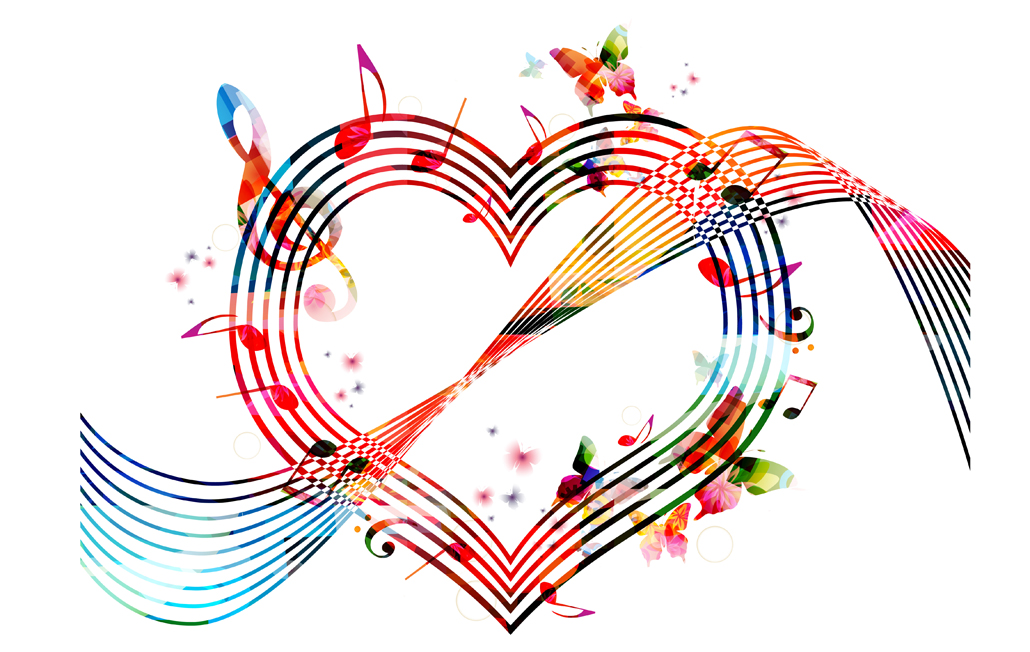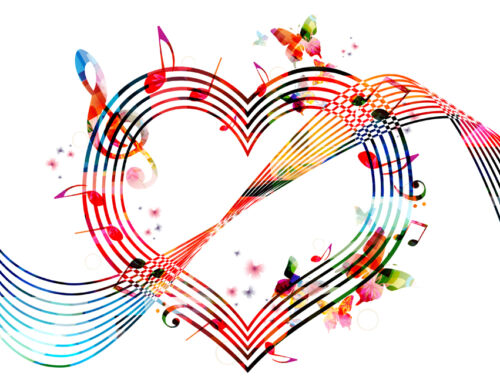Awww music. It can inspire, motivate, sadden, energize, aka “provide all the feels”. How does music affect your heart?
Interconnected: Remember first the heart, lungs and brain work together to keep your body in homeostasis, balanced. They are interconnected; if the brain is feeling stress, you’ll feel a change in your breathing and heart rate. A basic example – when you take a deep breath to center yourself before answering a tough interview question, your brain notifies your lungs to send oxygen to your heart and heart to pump out nutrient-filled blood to the body, thereby providing a moment of reset throughout the body. Healthy hormones and body functions are stimulated to improve cardiac and pulmonary function. You may not feel this throughout the body, in that millisecond, your muscles relax slightly, your heart rate decreases and your brain is given a moment of clarity.
Positive and Negative Stress: Stress can be positive. The stress of physical activity, learning a new skill, meeting a person with whom you connect, volunteering, and reading an engaging book are positive stressors. In these cases, your heart rate may increase, but in a positive way to stimulate your body and mind. Negative stress generally results from sleep issues, depression, injury or illness and grief. Guess what? Music can trigger both.
The Research: Will music cure disease or help you heal faster? More research is warranted, but in the meantime, why not try?
- “A 2020 study published in the Journal of Cardiothoracic Surgery showed music therapy eased pain, anxiety and depression among people recovering from coronary bypass surgery.” (AHA, 2020)
- “…people with episodes of chest pain soon after a heart attack who listened to music for 30 minutes a day over seven years reported less anxiety and chest pain – and had a lower rate of cardiac death – than those who did not….” (American College of Cardiology’s virtual conference, March 2020).
- “A 2018 study in Scientific Reports even suggests music therapy could make high blood pressure medication more effective.” (AHA, 2020)
Stay tuned for Stanza 2: Impact and how to choose and use your music.
*This is original content. Chat GPT or similar AI was not consulted when writing this blog.*
To your heart health,
Starr Cortner, M.S., MCHES®, ACE Health Coach/GFI, AFAA
About the author:
Starr is an advocate, educator and practitioner with over 20 years of experience. She brings a unique and dynamic perspective to health and wellness from her the expat and military life. “Everything leads back to you heart.”


